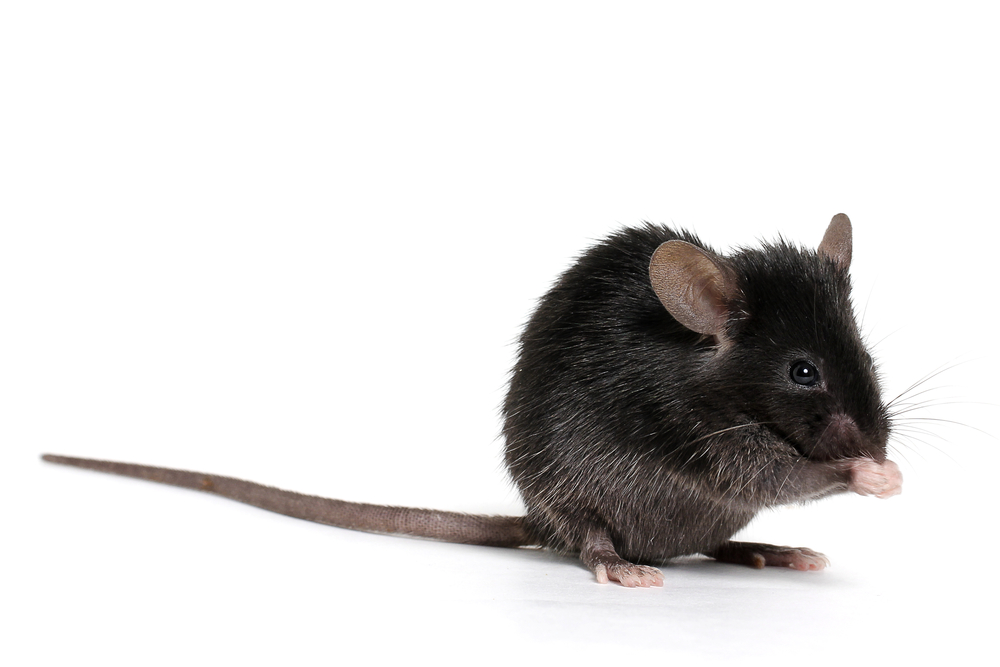Exercise in a Pill? Scientists Move One Step Closer

What if you could reap the benefits of exercise without moving a muscle? A new study from England has taken an important step toward understanding how the human body senses when it's exercising and developing a potential way to flip this "switch" without breaking a sweat.
But don't cancel your gym membership just yet: The new study was done in mice, and much more research is needed to explore the effects in humans.
During exercise, a person's heart rate increases, pumping more blood throughout the body. But this increased blood flow doesn't reach all parts of a person's body equally; more blood goes to a person's skeletal muscles and brain, and less goes to internal organs such as the stomach and intestines. [The 4 Types of Exercise You Need to Be Healthy]
What wasn't clear, however, was how the body knew to divert blood from one part of the body to another during exercise, said senior study author David Beech, a professor of cardiovascular science at the University of Leeds in England.
In the new study, the researchers identified a protein in mice that appears to do just that: detect when exercise is happening and divert blood flow accordingly, Beech told Live Science.
The protein, called Piezo1, acts as an "exercise sensor," Beech said. It's found in the cells that line the inner parts of the blood vessels near the stomach and intestines. During exercise, the blood flows faster, and Piezo1 can sense this change in speed. In turn, the protein triggers the blood vessels near the digestive organs to constrict, so that less blood flows to this part of the body and more goes to the skeletal muscles and the brain, according to the study.
In the study, published today (Aug. 24) in the journal Nature Communications, the researchers compared the blood flow in normal mice with the blood flow of mice without the Piezo1 protein. During physical activity (in this case, running on a wheel), the blood vessels near the digestive organs didn't constrict in the mice without the protein. In addition, the mice that had the protein performed better physically than the mice without the protein.
Get the world’s most fascinating discoveries delivered straight to your inbox.
Use the force
Exercise plays an important role in a person's health, and a big question is whether this protein could contribute to these health benefits, Beech said. And, if that's the case, could scientists develop a drug that could activate the protein?
Beech and his team have already taken a step in that direction. In another part of the study, the researchers did experiments with a compound called "Yoda1" that interacted with the Piezo1 protein. (Yoda1 was given this name by a different group of scientists because it was known that the protein it interacted with had something to do with force, Beech added.)
In the experiments, which were conducted in lab dishes, Yoda1 appeared to turn on Piezo1, similar to the way increased blood flow would, the researchers found. [11 Surprising Facts About the Circulatory System]
Now, they're working on making a form of the Yoda1 compound that they could give to mice, to see if it would have the same effects inside the animals' bodies, Beech said. In other words, the research could be an early step toward developing a drug that could mimic the effects of exercise.
Although the new study was done in animals, Beech noted that human cells also have the Piezo1 protein.
"We know the mechanism is present in human" blood vessel cells, Beech said. And "we know that blood flow is restricted to the intestines in humans during exercise just like it is in mice," he said. The researchers would expect similar findings in humans, Beech said, but of course, that still needs to be studied in great detail.
Originally published on Live Science.

 Live Science Plus
Live Science Plus






